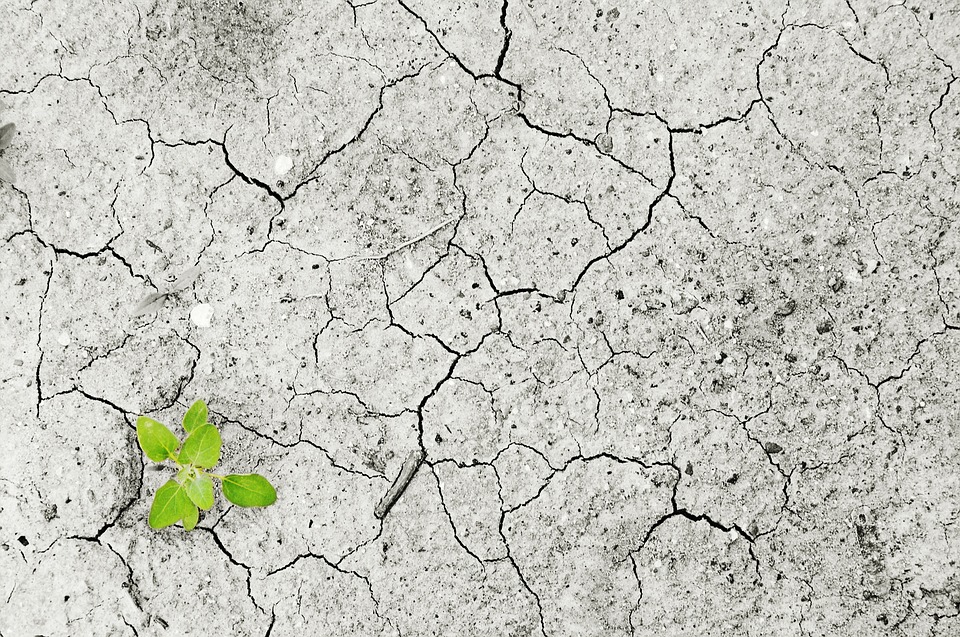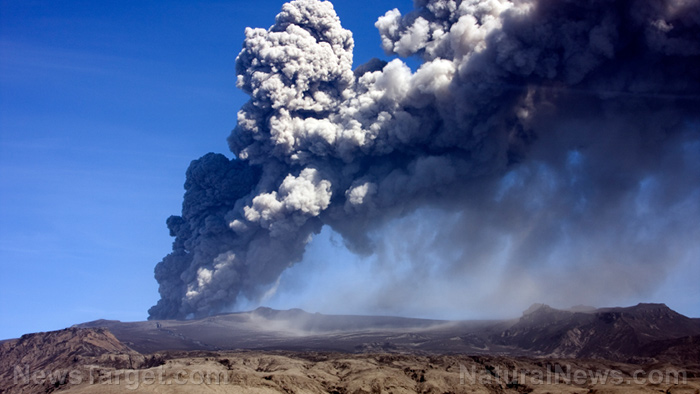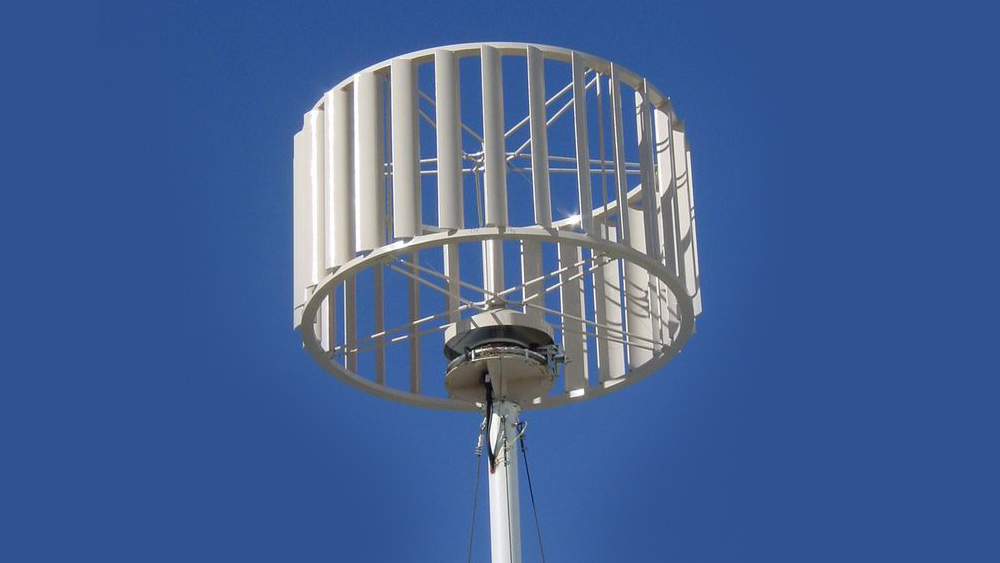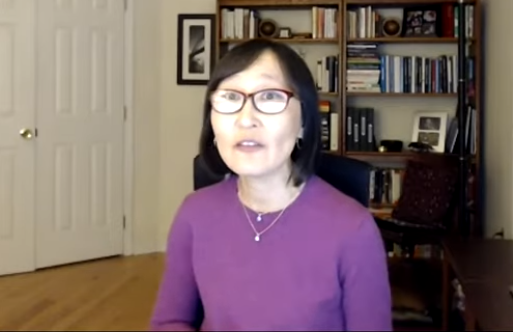Germany preparing for electricity rationing to stabilize green power grid
01/25/2021 / By Ramon Tomey

Germany is now looking to ration its electricity supply to stabilize its green power grid. The European country mulled over the measure amid looming blackouts due to its unstable energy supply.
The country’s energy issues have also threatened the stability of the larger European Union grid.
Germany once had one of the most stable and reliable power grids worldwide when the business of power generation was in the hands of engineers and experts. However, the rise of climate alarmism in the 1990s empowered activists and their political allies to push for “green energy.” Fluctuating and intermittent energy supply could be easily managed at a low cost, they insisted.
Their efforts led to the passing of the Renewable Energy Sources Act (EEG) in 2000. As it turned out, the EEG’s effectivity caused more harm than good to Germany’s power supply. It currently has the highest electricity prices in the world, forcing it to rely more on imports. It has also consistently failed to meet its emissions targets.
Ironically, the German parliament has addressed these issues by relying even more on green energy. It has ordered the closure of the more stable and productive coal and nuclear power plants. Politicians in the country have also passed legislation to limit the amount of power consumed by companies and individuals.
Germany’s economic affairs minister proposes a law limiting power for electric vehicle charging stations
The magazine Tichys Einblick reported that Germany’s Federal Minister for Economic Affairs and Energy Peter Altmaier proposed a law permitting “peak smoothing” for energy providers. Altmaier’s peak smoothing law allows utilities to “temporarily cut off charging power for e-cars” when there is insufficient electricity available. Power utilities have demanded laws similar to what the energy minister proposed, given the instability of wind and solar energy sources.

Altmaier’s draft legislation indicated that “controllable consumption facilities” could have their power supply cut off for up to two hours per day. These facilities, which include charging stations and heat pumps, could be disconnected from the power fully if there was a threat of overloading the grid. The proposal has since been recalled as of writing.
However, the country announced it will make a major push into electric mobility – with a vast expansion slated in the future. Germany only has 33,000 electric charging stations serving 50 million vehicles. The forecasted increase in the number of electric cars will only serve to bolster peak demand for electricity. (Related: The big electric vehicle LIE: Electric cars are not “zero emissions,” and their ecological impact is actually dirtier than diesel trucks.)
Talking about Germany’s power grid issue, Tichys Einblick remarked: “The situation in the power grids has become too critical. The only thing that helps are abstruse ideas like: ‘You are not allowed to [recharge] your car from 10 a.m. to 8 p.m. every day!'”
Relying on 100 percent green energy is good in theory, but bad in practice
According to Tichys Einblick, a number of industries have been on the receiving end of “peak smoothing” efforts for some time now. Cold storage facilities and aluminum smelters have to put up with being disconnected from their power supplies for limited periods. However, the publication noted: “It’s a dangerous game [for aluminum smelters] because after three hours, the molten metal has solidified and the factory is ruined.”
Tichys Einblick continued: “The German government has recognized that in the future electricity system, it will no longer be possible to satisfy every demand at all times. Therefore, the control of the consumer side should be put on legal feet.”
The magazine insinuated that blackouts would be an everyday occurrence. “Controllable consumers such as heat pumps, electric heaters and wall boxes, i.e. charging stations for e-mobiles, would be switched off variably at times,” it said.
One does not need to look across the Atlantic Ocean to see the problem with relying on renewable energy. In July 2018, the state of California asked residents to limit their use of electricity during peak hours. Its call came amid a “heat dome” settling over the southwestern part of the country, leading to more Californians using their air conditioners. Two months prior, the North American Reliable Energy Corporation (NERC) warned that the state faces a “significant risk of encountering operating conditions that could result in operating reserve shortfalls.”
California’s reliance on wind and solar energy gave it an edge over the fight against “global warming” – at the cost of its power supply not meeting the demand. (Related: Big shocker: Newsom admits that “green” energy is why California is suffering through blackouts.)
PowerGrid.news has more about the push for “green” energy caused by climate alarmism.
Sources include:
Tagged Under: charging stations, electric vehicles, electricity rationing, emissions targets, energy supply, Germany, green energy, green power, peak smoothing, Peter Altmaier, power grid, renewable energy, rotating blackouts, unstable power grid





















